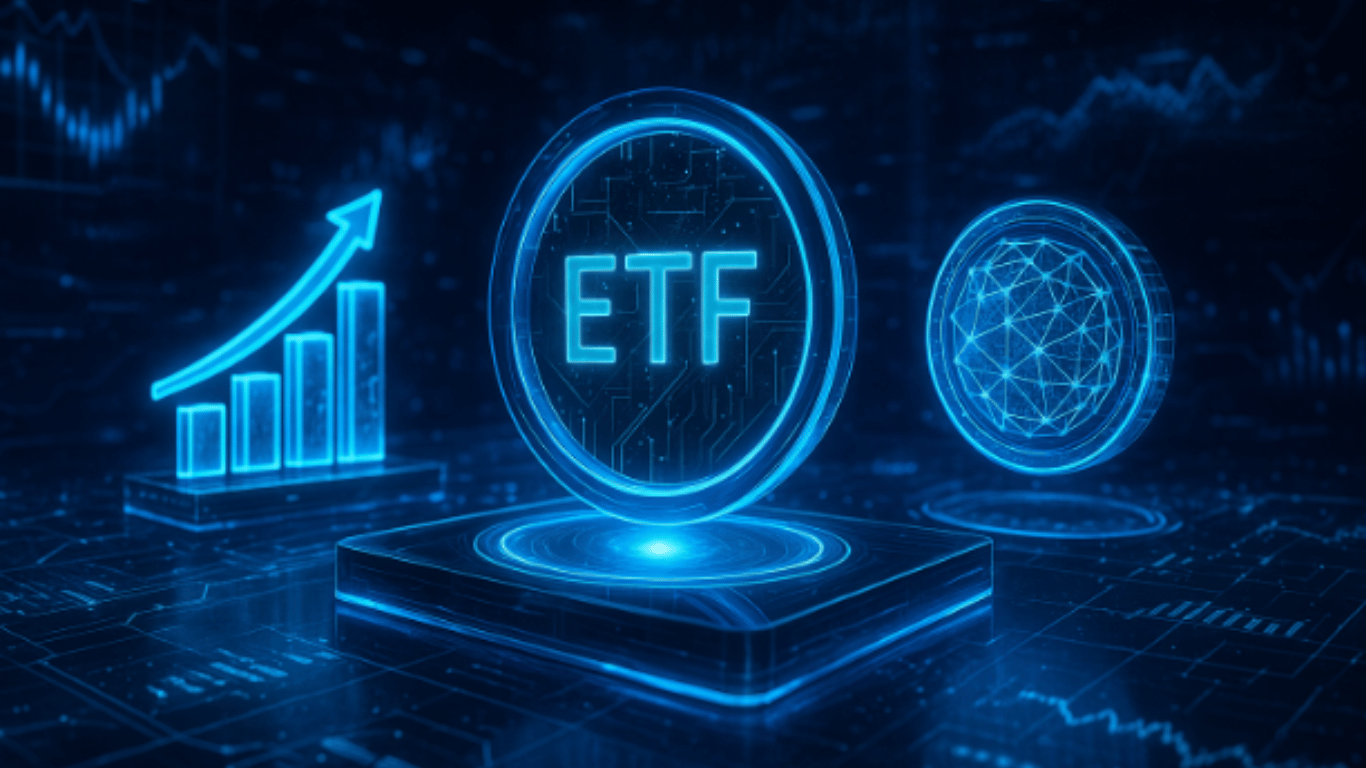Discover top fintech news and events!
Subscribe to FinTech Weekly's newsletter
Read by executives at JP Morgan, Coinbase, Blackrock, Klarna and more
XRP in Focus as SEC Nears Decision on Ripple Lawsuit and ETF Approval
Washington, D.C. The U.S. Securities and Exchange Commission is nearing a significant ruling in its multi-year legal battle with Ripple Labs, the company behind the digital asset XRP. The pending decision, alongside the recent approval of a leveraged exchange-traded fund tied to XRP futures, has brought the token back into the spotlight among traders and regulators alike.
The SEC's case against Ripple, filed in late 2020, centers on allegations that the company engaged in the unregistered sale of securities through its distribution of XRP. While various partial rulings and procedural updates have unfolded over the years, a more decisive outcome may be imminent as the Commission prepares for a scheduled vote on July 17. Industry observers expect that vote to determine the case’s next phase—whether it advances toward a final resolution or faces additional litigation.
Leveraged XRP ETF Gains Regulatory Approval
In a separate but related move, the SEC has approved the launch of the ProShares Ultra XRP ETF, a leveraged futures-based fund that will trade under the ticker UXRP. The ETF is designed to offer amplified exposure to XRP price movements using futures contracts, rather than holding the underlying token directly.
The approval of UXRP marks a shift in the Commission’s approach to cryptocurrency-based financial products. While spot-based crypto ETFs remain under stricter scrutiny, the green light for a leveraged XRP fund introduces a regulated vehicle for institutional and retail traders to speculate on XRP's short-term price changes through traditional brokerage accounts.
The UXRP fund’s approval follows a pattern similar to other futures-based crypto ETFs, which have gained momentum since the SEC first permitted such products in 2021. It also reinforces XRP’s standing as one of the few digital assets currently supported by regulated investment structures in U.S. markets.
Market Reactions and Legal Implications
The upcoming SEC vote is expected to draw substantial attention across the crypto sector. Although details of the motion have not been made public, the Commission’s handling of the Ripple case may have broader implications for how digital assets are classified and regulated under existing securities laws.
XRP’s market behavior has reflected this uncertainty. Volatility has increased in recent weeks as traders anticipate legal developments that could influence XRP’s regulatory status, trading availability, and use in cross-border payment systems.
The case has also reignited discussion about jurisdictional differences between U.S. regulators and their counterparts in other regions. XRP continues to trade freely on several international platforms, while remaining delisted or restricted on some U.S.-based exchanges pending further clarity from domestic regulators.
Historical Context and Investor Caution
The legal conflict between Ripple and the SEC has spanned over four years, making it one of the most high-profile enforcement cases involving a major cryptocurrency issuer. The outcome may serve as a reference point for future regulatory actions involving tokenized assets, particularly those distributed through corporate channels.
For retail investors, the distinction between centralized token issuance and decentralized asset protocols remains a key factor in evaluating regulatory risk. XRP’s journey through the U.S. legal system illustrates the complexity of applying securities law to evolving financial technologies.
Although the recent ETF approval offers a regulated method to gain exposure to XRP, it does not resolve the core legal question of whether the token itself constitutes a security under federal law. As such, investors remain cautious while the broader legal framework for crypto assets continues to take shape.
Outlook as SEC Prepares Vote
With the Commission preparing for its scheduled vote, market participants are assessing possible scenarios. A ruling in favor of Ripple could restore confidence in XRP’s legal standing and potentially lead to its relisting on U.S.-based trading platforms. Conversely, an unfavorable outcome could trigger additional legal action and prolong uncertainty.
The ETF development offers one path forward for regulated access to XRP, but legal resolution will likely play a larger role in shaping its future market position. As of now, XRP remains one of the most watched digital assets in the industry—not only for its role in payments, but for what it represents in the evolving relationship between crypto and U.S. financial regulators.













